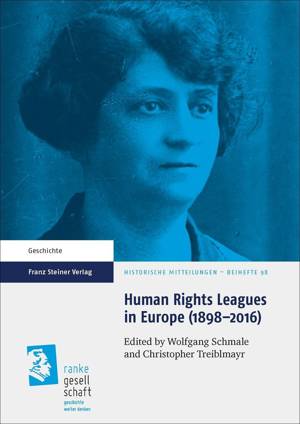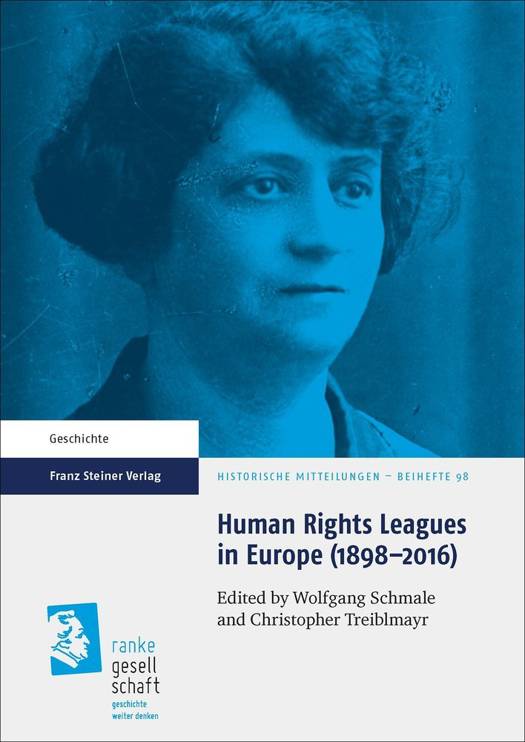
- Afhalen na 1 uur in een winkel met voorraad
- Gratis thuislevering in België vanaf € 30
- Ruim aanbod met 7 miljoen producten
- Afhalen na 1 uur in een winkel met voorraad
- Gratis thuislevering in België vanaf € 30
- Ruim aanbod met 7 miljoen producten
Zoeken
Omschrijving
When the French Ligue des droits de l'homme was founded in 1898, it was the world's first league for human rights. Over the following decades, human rights leagues were formed in many other countries following its example, and from 1922, they advocated for a universal human rights ideal under the auspices of a shared umbrella organization. The majority of these leagues were forced to interrupt their activities at some point, especially during the National Socialist period. After World War II, many leagues experienced a renaissance. Not least through their cooperation with the United Nations, they significantly contributed to the global acceptance of the very idea of human rights in the second half of the 20th century. The contributors in this volume break new ground: they provide a so-far lacking overview of international research on human rights leagues, synthesizing it and identifying research desiderata. Some of the presented civil society associations, like those in Eastern Europe, have never before been subject to scholarly consideration.
Specificaties
Betrokkenen
- Auteur(s):
- Uitgeverij:
Inhoud
- Aantal bladzijden:
- 323
- Taal:
- Engels
- Reeks:
- Reeksnummer:
- nr. 98
Eigenschappen
- Productcode (EAN):
- 9783515116275
- Verschijningsdatum:
- 11/04/2017
- Uitvoering:
- Hardcover
- Formaat:
- Genaaid
- Afmetingen:
- 170 mm x 239 mm
- Gewicht:
- 679 g

Alleen bij Standaard Boekhandel
+ 338 punten op je klantenkaart van Standaard Boekhandel
Beoordelingen
We publiceren alleen reviews die voldoen aan de voorwaarden voor reviews. Bekijk onze voorwaarden voor reviews.







